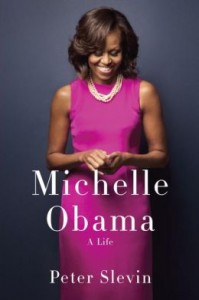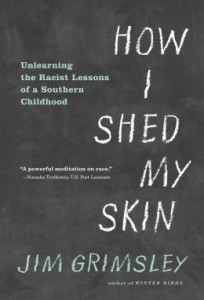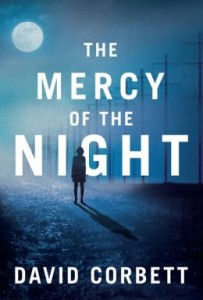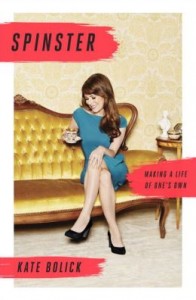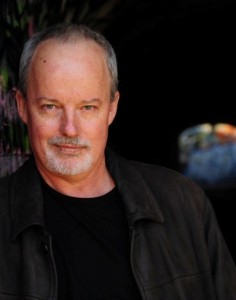
photo: Tony Mott
Australian author Michael Robotham was an investigative journalist and ghostwriter of memoirs for celebrities and politicians, among others, before publishing his first novel, Suspect, featuring psychologist Joe O’Loughlin, who’s afflicted with Parkinson’s disease. O’Loughlin has appeared in subsequent novels, two of which won the best novel category of the Ned Kelly Awards, the top Australian literary crime prize.
Robotham’s 10th novel, Life or Death (read my review here), is a standalone, about a man named Audie Palmer who, after serving a lengthy prison sentence, escapes from prison one day before he’s due to be released. Stephen King says it’s “a nerve-shredding thriller with the heart and soul so often missing from lesser crime and suspense novels.”
Why did it take 20 years between the idea for Life or Death and publication?
I first stumbled upon the idea in March 1995 when I read a small newspaper story about a man who escaped from prison the day before his release. The obviously question was why? This intrigued me as the setup for a novel, but it took me a long while to think of a compelling reason, which I knew had to involve a love story. Then it took me even longer before I felt I had the writing skills necessary to make readers believe that Audie Palmer would endure 10 terrible years in prison because of a promise he made. I am always trying to challenge myself as a writer and this was a huge challenge, not just in the writing, but also choosing Texas as the setting.
What made you choose Texas? What were some of the pleasures and challenges of capturing that Southern feeling?
I didn’t so much choose to write about Texas as choose to write about Audie Palmer and then had to find a location that I think fit his story. I spent the longest week of my life in the Ozark Mountains in Arkansas because I initially thought I might set the story there. I settled in Texas because, as the slogan goes, Texas is “like a whole other country.” It’s not just the size or the cultural diversity–it’s the food, the pride, the people and the history. What other state has its own Independence Day or bumper stickers threatening to secede? I also saw plates that said Don’t mess with Texas, but I don’t know whether that was an anti-littering message or a threat.
I spent five weeks in Texas doing the research, sitting in bars, chatting to locals and driving enough miles to get white-line fever. At the same time, I was listening to audio books by Cormac McCarthy, William Faulkner, James Lee Burke and Philipp Meyer, trying to get the rhythm of the language.
It’s a daunting prospect to set a novel in a strange place but hopefully I haven’t made too many mistakes.
Some of the scenes, especially ones involving Audie on the road, evoke a sense of music, as if they’re movie montages. If Audie’s life had a soundtrack, which songs would be included?
I’m terrible with music questions, which is why there are so few songs referenced in my novels. I should name songs like “Yellow Rose of Texas” or “Galveston” but that wouldn’t be telling you the truth. I am, however, a huge fan of Willie Nelson and Waylon Jennings, so they have to be included on any soundtrack, along with Janis Joplin’s “Me and Bobby McGee” and the classic gospel blues number “John the Revelator.”
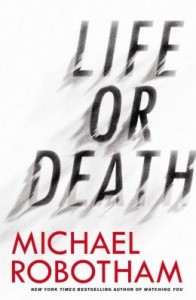 Suspect was intended as a standalone but the characters were developed into a series. Life or Death is being touted as a standalone…but is it really?
Suspect was intended as a standalone but the characters were developed into a series. Life or Death is being touted as a standalone…but is it really?
No plans as yet [to make it a series]. I do have another idea for an American novel, but might set it farther north in Maine. I have thought about bringing FBI agent Desiree Furness into a future novel. She’s a great character, so the answer is: “Watch this space.”
Tell us about your reaction when Stephen King raved about your work.
I regard Stephen King as the world’s greatest storyteller since Charles Dickens. When I read his comments about Life or Death, I said to my wife, “It won’t matter if I never sell another book. I can retire now. I will sit in my rocking chair and prepare to tell my grandchildren that the great Stephen King once called me a master.” Believe me–it doesn’t get any better than that.
Let’s hope retirement is many years from now for you. In addition to journalism, you’ve done your share of ghostwriting. One downside is that you don’t get credit for the writing, but there must’ve been perks, too.
Most people do jobs where they don’t get their name written up in big bold type. Teachers. Postmen. Surgeons. Social workers….
As a ghostwriter, I got to look at the world through a fresh set of eyes every time I took on a new project. I had to capture a new voice and immerse myself in an interesting life, performing a sort of literary ventriloquism where nobody recognized my presence. This was challenging and rewarding creatively, and also made me a good living.
Anonymity didn’t bother me because the people who counted–publishers and agents–knew which ghostwriter was responsible for a book. They gave me the credit, even if the general public had no idea.
Another perk was that I could be invisible. I didn’t have to do media or publicity. I still read all the reviews and celebrated the bestseller lists, but my job was done.
If someone asked you to write your memoir but you didn’t feel like doing it, which author—living or dead—would you choose to ghostwrite it? What would be the title?
Tough question. I guess I should be writing my own memoir, but if I had to put my life into another writer’s hands I would choose Hunter S. Thompson. Not for accuracy, but because I’m sure he’d make my memoir more exciting than the reality. And what would it be called? The Last Word.
This interview originally appeared in Shelf Awareness for Readers and is reprinted here with permission.
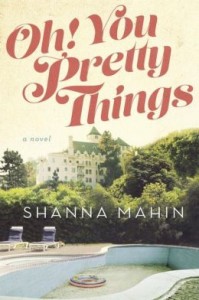 Jess Dunne, the protagonist of Shanna Mahin’s Oh! You Pretty Things, is 29 years old, recently divorced, third-generation Hollywood and not sure what to do with her life. The story opens with her quitting a barista job at a hipster café because she’s not hip enough to get the desirable morning shifts.
Jess Dunne, the protagonist of Shanna Mahin’s Oh! You Pretty Things, is 29 years old, recently divorced, third-generation Hollywood and not sure what to do with her life. The story opens with her quitting a barista job at a hipster café because she’s not hip enough to get the desirable morning shifts.


